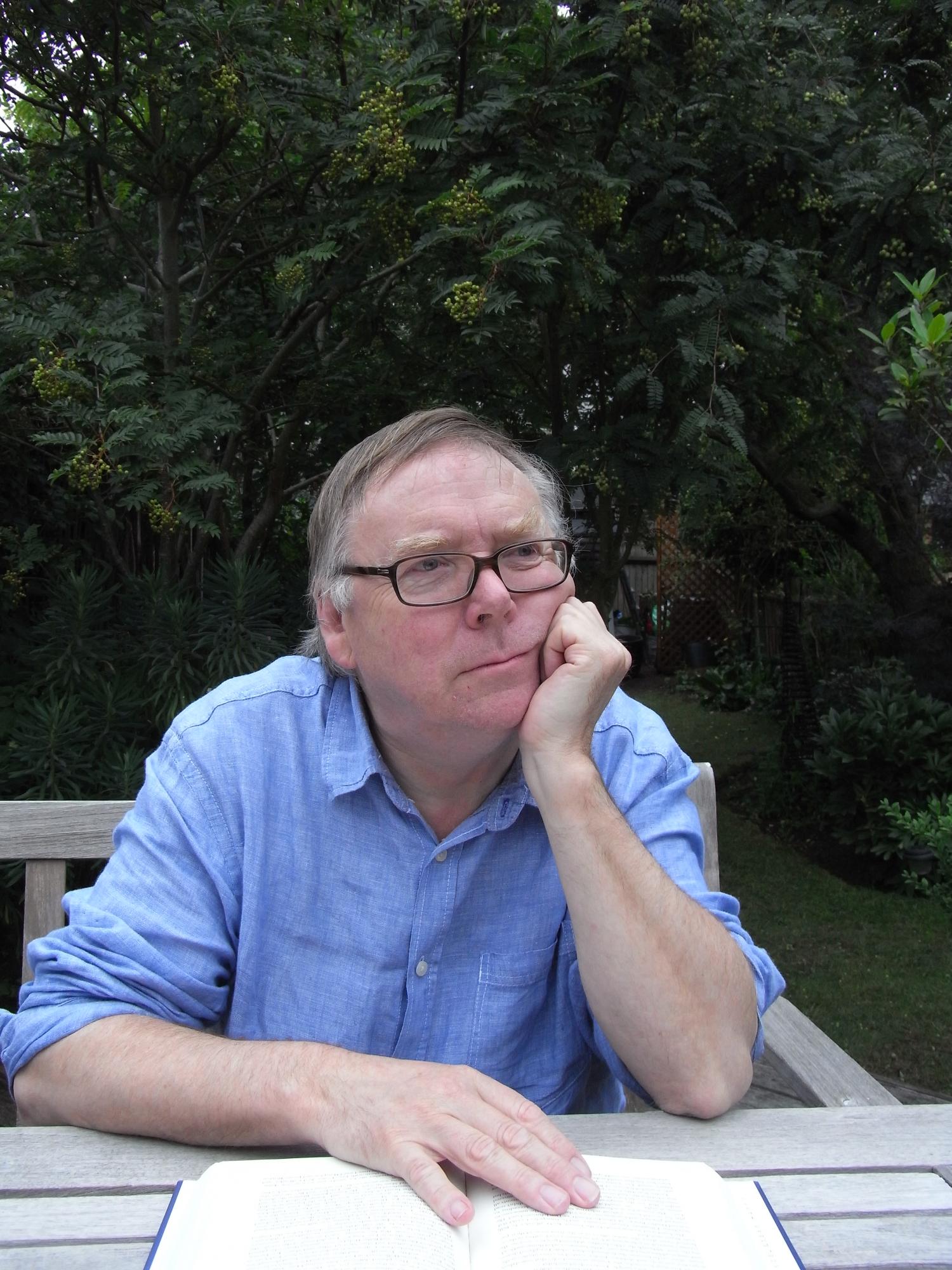William Palmer
Books
Books
William Palmer was born in 1945 and was educated at schools in England and Wales. During the 1960s and 70s he lived in London and the Midlands and worked at a bewildering variety of jobs. He began writing at the age of fifteen and became a full-time writer in the mid-80s. His first novel, The Good Republic, was published by Secker and Warburg in 1990 and since then he has had eight books published. His latest novel, The Devil is White, came out out from Jonathan Cape in 2013.
Stories and poems have appeared in many journals, including Encounter, London Magazine, Poetry Review, Rialto, the Spectator and the Times Literary Supplement, and have been broadcast on BBC Radio 3 and 4. He has reviewed regularly for the Independent, Literary Review and others
In 1997 he was awarded the Travelling Scholarship of the Society of Authors, an Arts Council Bursary followed in 2002, and the First Collection Prize for his book of poems, The Island Rescue, at the Listowel Writers' Week literary festival in 2006. In addition to his writing, he has done much teaching: he was a Writing Fellow at the University of Birmingham, 2000-2003, at the University of Warwick, 2005-2007, and at King's College, London, 2011-2012.
http://www.williampalmer.info/
Other
| Publication Details | Notes |
|---|---|
IN LOVE WITH HELL 2021 Little, Brown Book Group | A study of writers and the effects of drinking on their lives and work. The writers examined in a series of interlocking essays are Patrick Hamilton, Jean Rhys, Charles Jackson, Malcolm Lowry, Dylan Thomas, Elizabeth Bishop, John Cheever, Flann O’Brien, Anthony Burgess, Kingsley Amis, and Richard Yates. A fascinating study of solitary and social drinking, pub and bar culture, and the treatment of drinking in fiction. |
2013 Jonathan Cape | It is 1792 and a group of English gentlemen are recruiting settlers for a new world. Anti-slavers, they foresee the shining vision of a free colony in Africa where all races and classes can live together in harmony. At first, all seems well. More than a hundred men, women and children sail from London on board the Pharaoh. They are bound for Muranda, an island off the west coast of Africa that seems to be ideal: uninhabited, fertile, well watered. For a leader, they have a merchant, Sir George Whitcroft; a gallant seaman, Captain Coupland, to sail their ship; Dr Owen to treat their ills; the Reverend Tolchard to guide their spiritual lives; and Caspar Jeavons, a young aristocratic poet, to record their exploits. When they land, Muranda seems a paradise. Fruit hangs from the trees, the waters swarm with fish, the local king is friendly. Some begin to work. Others prefer to laze and swim, to drink and dance at night. But then the tropical rains begin and beat relentlessly down. Fever strikes arbitrarily and cruelly... William Palmer's latest novel is a remarkable potrayal of men and women and the whole range of their experiences and emotions, from violence and terror to tenderness and love, in their brave new world. |
THE INDIA HOUSE 2005 Cape | Set in time of the Suez Crisis, this beguiling and funny novel depicts the lives of a crumbling family of die-hard imperialists. |
FOUR LAST THINGS 1996 Secker | The title story in this collection of short fiction is about a man who had thought himself forgotten, his great works neglected, until one night a researcher and a young companion turn up unexpectedly to discuss his work. The mysterious guests release memories and truths he had preferred to forget. |
THE PARDON OF SAINT ANNE 1997 Cape | Walther Klinger, by a twist of fate, becomes a society photographer for the new Nazi "aristocrats" and, guiltily, is almost relieved when the war begins. Finding himself in Brittany just before the Allied invasion, this novel is about how he attempts to make refuge for himself and his lover. |
THE CONTRACT 1995 Cape | The body of a young woman is found apparently raped and then murdered. She is identified as Starr Faithfull, a girl from a good family, but that picture soon changes. She was promiscuous, mentally unstable and had been abused as a child by her guardian, a prominent politician. |
LEPORELLO 1993 Secker | A fictional reworking of the story of Don Giovanni, the legendary seducer - seen through the eyes of his servant Leporello. The author reinvents and manipulates the legend that Moliere, Mozart and scores of others have used over the past 300 years. |
THE GOOD REPUBLIC 1990 Secker | Opening in 1939, this novel spans 50 years and depicts the central character's life as a political emigre in a run down part of London. He is invited to return to his home city by the renascent nationalist movement where he learns the price of remaining an "innocent" in history. |
Poetry
| Publication Details | Notes |
|---|---|
2017 Rack Press | This is William Palmer's second full length collection of poems. |

